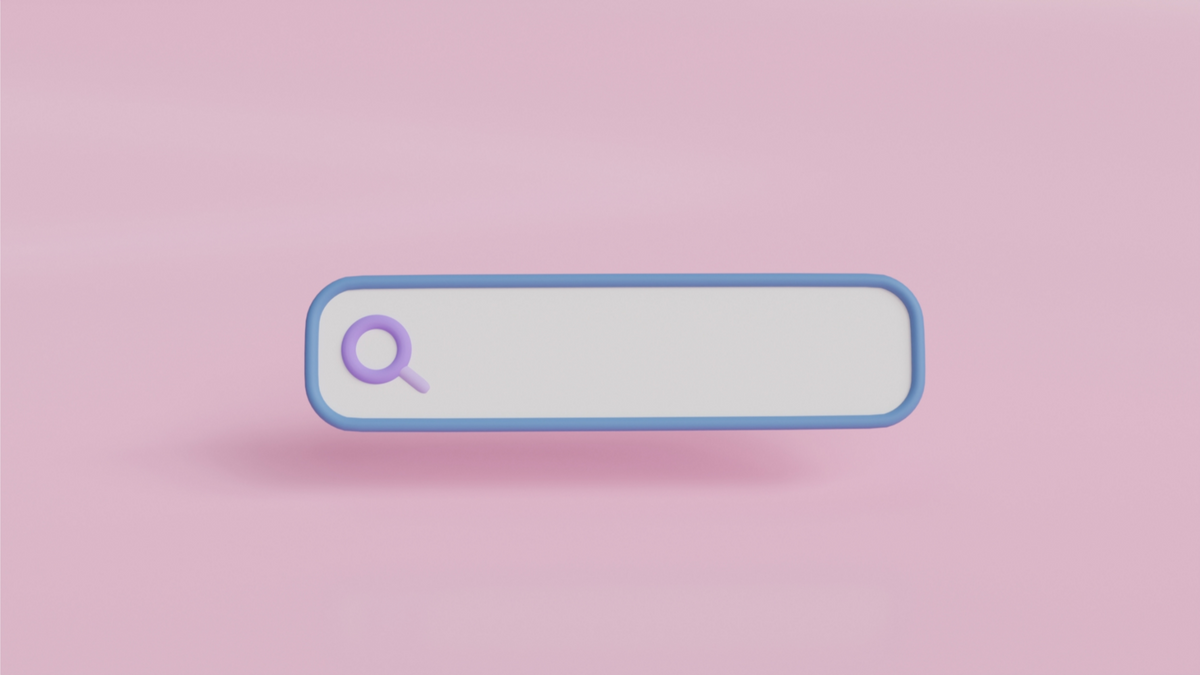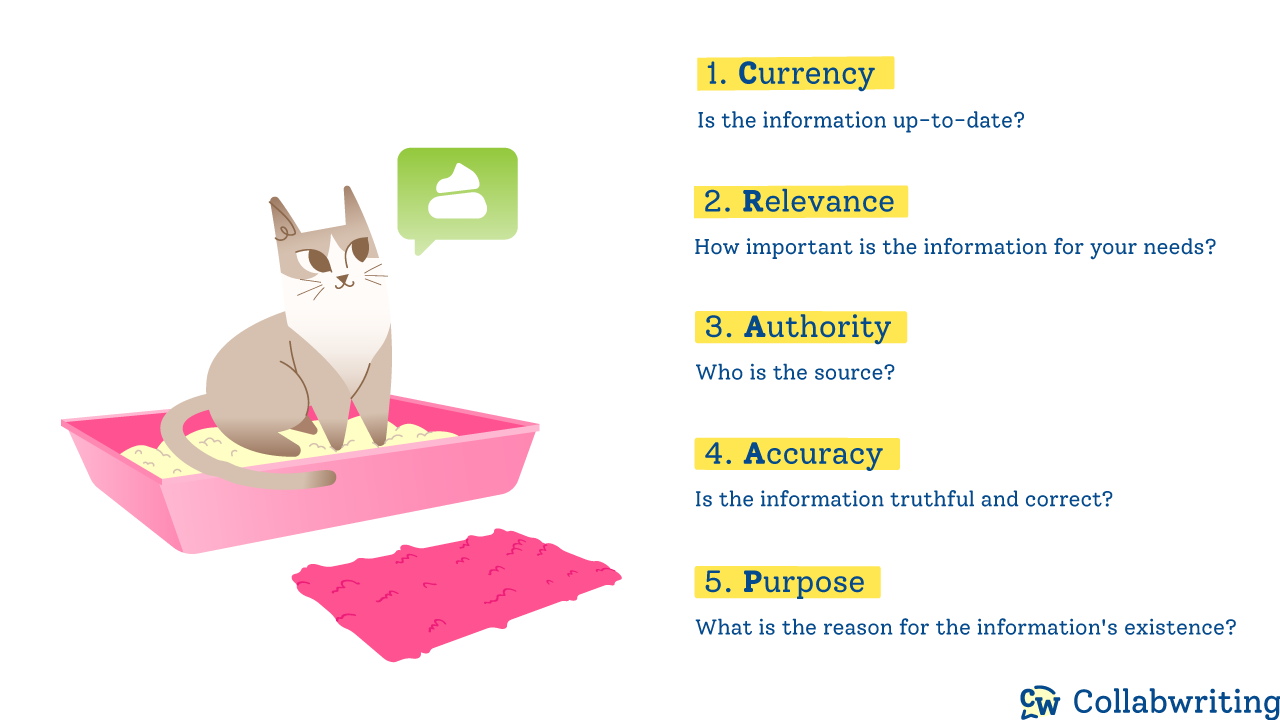How to determine source credibility - 5 key questions
No matter your profession - journalist, researcher, writer, or marketer - it's crucial to recognize reliable information and use it correctly. This is where the 5 questions and methods we've explored come in handy.

People see a ton of information daily, but it's hard to tell exactly how much. It depends on whether you use platforms TikTok, Instagram, or Facebook, what you do for work, and how much time you spend online.
But here's something scientists all agree on:
We're consuming more and more information, and it's growing fast.
Research shows that the average person consumes about 74GB of data every day, which is like watching 16 movies. That's as much information as a highly educated person would have processed in their entire lifetime 500 years ago. And this data feast is growing by about 5% each year. Plus, with social media content getting shorter, especially on platforms like TikTok and Twitter, we're only seeing more content consumed.
If you're a data enthusiast, you might be thinking, "Who cares about all this? I enjoy getting the equivalent of 16 movies pumped into my brain daily, like hot soup."
But here's the thing: Information overload is a real deal and consuming too much info can be harmful. In fact, scientists have identified a bunch of effects of information overload, including:
- Hard to focus
- Low productivity
- More stress
- Forgetfulness
- Bad decisions
- Misinformation spreads easily
- It's challenging to trust sources
All these factors can make it hard to tell if information is true or not, and your credibility depends on using accurate info. If you use info that others know is wrong, you'll be less trustworthy, making it tough for others to believe you later.
What is reliable information?
Information you can trust comes from reliable sources. According to UGA Libraries, reliable sources offer “thorough, well-reasoned theories, arguments, etc., based on strong evidence.”
Commonly trusted sources include:
- Scholarly, peer-reviewed articles and books
- Trade or professional articles or books
- Magazine articles, books, and newspaper articles from reputable publishers
- Educational institutions - Universities, colleges, and academic institutions are respected sources of knowledge and expertise
Government websites, academic institutions, and reputable news organizations are examples of reliable domain sources.
While websites and blog posts can potentially offer reliable information, they often need additional evaluation.
So, here are 5 questions to help you spot a reliable source.
Is the source familiar to you?
When deciding if something is trustworthy, you often start by thinking about whether you know the source. You might trust it more if it's a name or place you've heard of before. But if it's new to you, it's smart to look into it more.
However, don't rely solely on name recognition. Just because you've heard of something doesn't mean it's always reliable.
Beware of confirmation bias, where you tend to believe what's familiar even if it's not true. Always double-check by doing your own research. Use Google to look up the platform, publication, or person's name.
It's up to you to make sure the information is accurate.
Stick to trustworthy sources like government agencies, universities, well-known news platforms, and experts in the field. Be careful with info from personal blogs, social media, or unfamiliar websites.
Are you questioning the accuracy of the information?
When you read something, trust your feelings and double-check.
If it seems extreme or lacks balance, it might not be reliable. Check for sources – if there aren't any, be cautious.
Be cautious of words like "all," "everything," "none," or "only." Look for phrases like "research shows," followed by where the information comes from.
What are the author's credentials?
Curious about who wrote the article you're reading? It's crucial for reliability.
Online, many people share ideas without a deep understanding. While their posts can spark ideas, don't rely on them completely. So, check the author and search them online. Look at their previous work, credentials, and if they have a website or social media profiles.
It can help you judge their credibility as a writer.
How well does the statement match the original source?
To make sure you're getting the real facts, go to the primary sources. We often depend on curated content because we're short on time, but for important stuff, go straight to the source.
For example, if you're researching a historical event, try to find original documents or interviews featuring relevant figures such as professors and researchers. This way, you'll get firsthand information rather than just summaries or interpretations.
Does the information have statistics to support it?
If you're looking for stats but the article has none, be cautious. While some topics don't need data, articles full of general ideas without examples aren't great for serious matters.
Check if the data matches what the author claims. If not, treat it as entertainment and move on.

Guidelines to follow
Information professionals have created certain frameworks to help individuals think critically about the information they encounter.
Here are some methods you should follow:
5Ws
This approach involves asking five questions to evaluate the credibility and reliability of a source:
- Who is the author? (Authority)
- What is the purpose of the content? (Accuracy)
- Where is the content from? (Publisher)
- Why does the source exist? (Purpose and objectivity)
- How does this source compare to others? (Determining what’s what)
SMART check
This method is useful for evaluating newspaper sources and involves answering critical questions about your source:
- Source: Who or what is the source?
- Motive: Why do they say what they do?
- Authority: Who wrote the story?
- Review: Is there anything that seems potentially untrue?
- Two-source test: How does it compare to another source?
CRAAP test
This method offers a set of criteria for considering source credibility:
- Currency: Is the information up-to-date?
- Relevance: How important is the information for your needs?
- Authority: Who is the source?
- Accuracy: Is the information truthful and correct?
- Purpose: What is the reason for the information's existence?

Keep in mind
Feeling overwhelmed by too much information online? You're not alone!
Research suggests that sorting through all that data can be a real challenge.
But here's the bright side: By adopting healthy screen habits and managing your online time, you can enjoy the perks of technology while looking after your well-being.
Remember, part of these habits includes checking the reliability of the sources you come across.
And in doing so, the methods and questions we've discussed will be your helpful guide. All that's left is for you to put them into practice!
FAQ
What is information overload?
Information overload is when a person is exposed to more information than they can process effectively, leading to difficulties in focus, productivity, and decision-making.
Why is information overload increasing?
Information overload is increasing due to the rapid growth of digital content, especially on social media platforms like TikTok and Twitter, where content is shorter and more frequent.
What are the effects of information overload?
Information overload can cause:
- Difficulty focusing
- Reduced productivity
- Increased stress
- Forgetfulness
- Poor decision-making
- Easier spread of misinformation
- Challenges in trusting information sources
How can information overload affect credibility?
Using a lot of inaccurate information can damage your credibility. If others know your information is incorrect, they are less likely to trust you in the future.
What is reliable information?
Reliable information comes from sources that are thorough, well-reasoned, and based on strong evidence. Commonly trusted sources include scholarly articles, books, reputable magazines, newspapers, educational institutions, and government websites.
What are some guidelines for evaluating information?
- 5Ws Approach: Who is the author? What is the purpose? Where is the content from? Why does it exist? How does it compare to other sources?
- SMART Check: Source, Motive, Authority, Review, Two-source test.
- CRAAP Test: Currency, Relevance, Authority, Accuracy, Purpose.
How can I manage information overload?
Adopt healthy screen habits and manage online time to enjoy technology while maintaining well-being. Use critical evaluation methods to check the reliability of sources.
Why is it important to use multiple data sources?
Using data from multiple sources helps to gain a comprehensive understanding of a topic by exploring different perspectives and verifying information accuracy.


